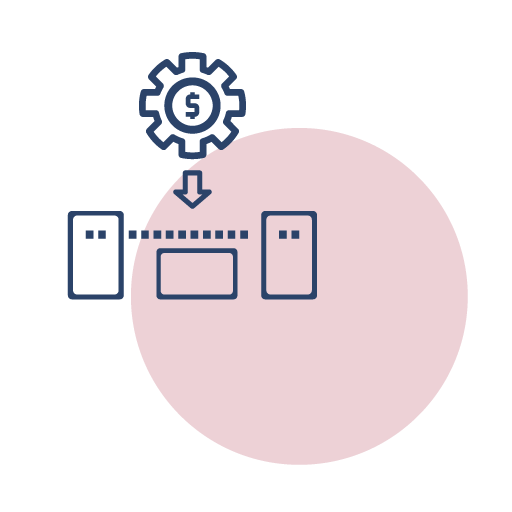Containerization
Why is it required?
With the increasing complexity of applications and their underlying infrastructure and the simultaneous increase in demand to scale up the infrastructure and roll out more features and functionalities to the lines of business, often IT teams are stressed to get everything to run reliably and efficiently. Additionally, when an enterprise is looking to forward to moving on the cloud and modernize their application and underlying infrastructure, it becomes of utmost importance that nothing breaks while moving from one computing environment to another.
Problems arise when the supporting software environment is not identical; however, the problems are compounded by the infrastructure challenges when the network topology, storage structure, dependencies and libraries, OS distributions and the security policies are different. These problems often lead to reduction in speed of delivery, compatibility and portability issues, scalability issues, and delayed digital transformation.
Challenges
Slower Delivery of Enhancements
Challenges
Compatibility and Portability Issues
Challenges
Scalability Issues
Challenges
Decrease in Agility

What is
Containerization?
Containerization means packaging software into standardized units for development, shipment and deployment. A container is an abstraction at app layer that packages up software code, configurations and all its dependencies into easy-to-use building blocks so the application runs quickly, efficiently and reliably from one computing environment to another. This also makes it easy to move the contained application across multiple environments like dev, test, production, etc. Since each container provides process isolation in the user space, multiple containers can run on the same machine and share the OS kernel with other containers.
Containers are also more preferred against VMs since containers take up less space than VM Images and are more resource efficient. Containers are also an important part of IT security. By building security into the container pipeline and defending your infrastructure, you can make sure your containers are reliable, scalable, and trusted.

Improves Development Productivity

Lowers Deployment Costs

Fast and Secure Iterations with Lesser Conflicts

Higher Speed in the Delivery of Enhancements


Industry Standard

Lightweight and Portable

Secure and Efficient

AWS provides container management tools into three different categories –
- Registry
- Amazon Elastic Container Registry (ECR) – a container registry service for storing, managing and deploying container images.
- Orchestration
- Amazon Elastic Container Service (AWS ECS) – a fully managed container orchestration service to run containerized applications.
- Amazon Elastic Kubernetes Service – a fully managed Kubernetes service to run containerized applications using Kubernetes.
- Compute
- AWS Fargate – a serverless compute engine for containers.
- Amazon EC2 – compute engine to run containers on virtual machine infrastructure.
Using AWS Container Management Tools, you can deploy containers for a number of workloads and use cases– big-to-small. Containers give your team the underlying technology needed for a cloud-native development style, so you can get started with DevOps, CI/CD (continuous integration and continuous deployment), and even go serverless.

Google Cloud Platform provides the tools you need to use containers from development to production. Cloud Build and Container Registry provide Docker image storage and management, backed by both Google’s high security standards and world-class network.
Google’s Container-Optimized OS provides a lightweight, highly secure operating system that comes with the Docker and Kubernetes runtimes pre-installed. All your container management can take place on GCP.

Microsoft Azure provides Azure Container Instances and Azure Container Registry for your app modernization journey and accelerating your containerized application development while meeting your security requirements.
Using the Azure Container Registry one can simplify container life-cycle management and enable fast and scalable retrieval of container workloads.
Drive economies of scale with the power of Containers
When your business needs the ultimate portability across multiple environments, using containers might be the easiest decision. We, at Ingways have ample of experience in container management services and ensure that your app will always run efficiently and update seamlessly without any portability issues.

Improve Development Productivity

Lower Deployment Costs

Speed Up Iterations with Lesser Conflicts

